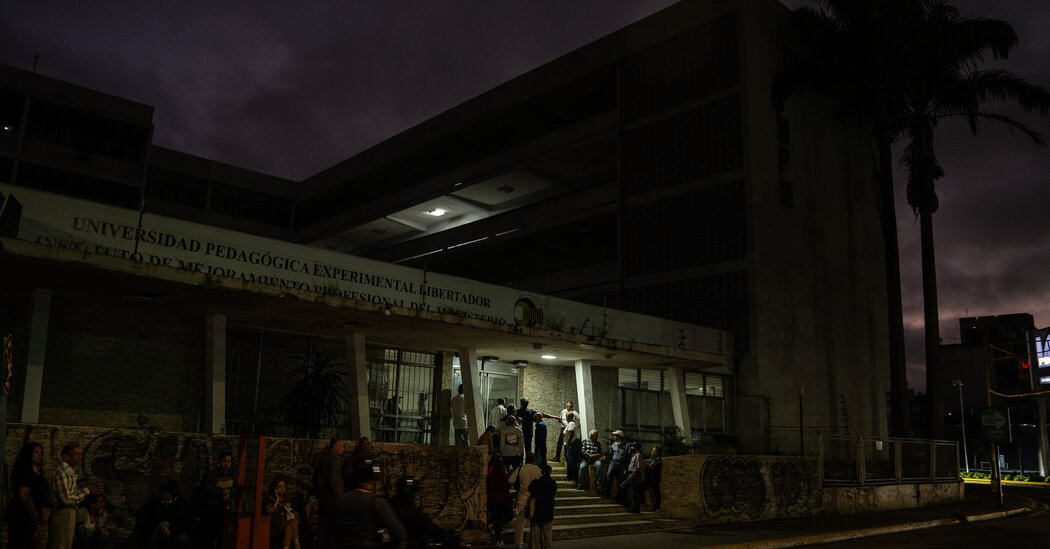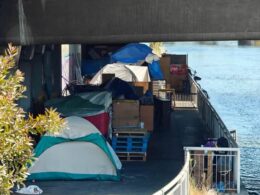They arrived at polling stations long before dawn, slept in the streets so they could be the first in line, and then cried as they cast their votes.
On Sunday, millions of Venezuelans headed to the ballot box in an election that will determine the fate of the socialist movement that has governed oil-rich, crisis-laden Venezuela for 25 years.
By 8 p.m., most polling stations had closed, and the nation waited with apprehension for the country’s electoral body, headed by an acolyte of the ruling party, to announce the result.
For the first time in more than a decade, the country’s authoritarian president, Nicolás Maduro, faced a strong challenger, Edmundo González, a previously little-known former diplomat who has the backing of a popular leader, María Corina Machado.
,
The vote represents an existential moment for Chavismo, the socialist movement that swept to power in Venezuela in 1999. Founded by former President Hugo Chávez, Mr. Maduro’s mentor, the movement promised to lift millions out of poverty.
For a time, it did. But, over the course of a generation, the movement shattered the nation’s democracy, presided over an economic contraction unlike any seen outside of war and became the source of one of the largest migrant crises in the world.







